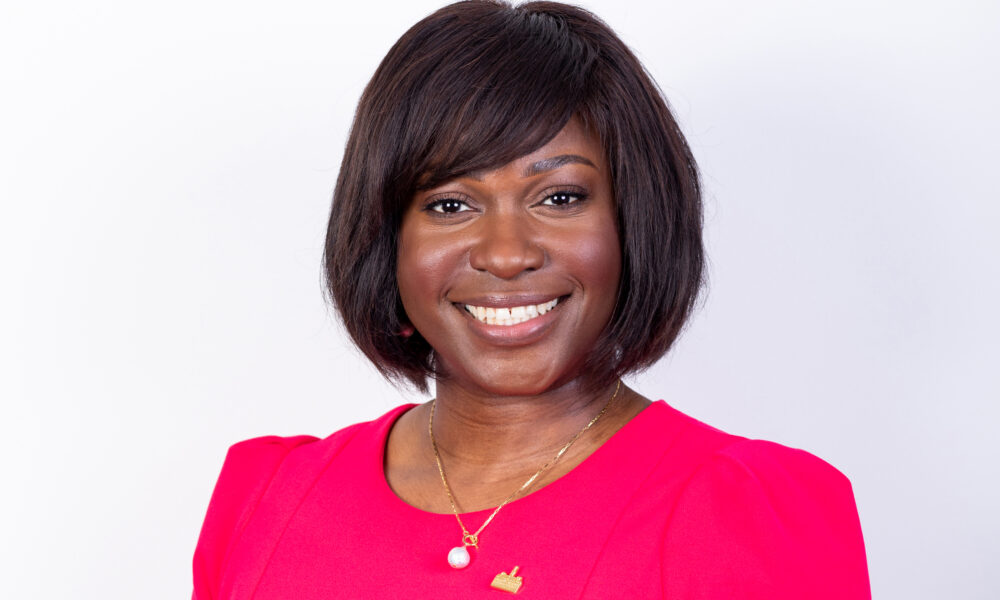While Montreal is known for its diversity, government representation remains an issue for the city. On Feb. 1, Gracia Kasoki Katahwa, mayor of Côte-des-Neiges– Notre-Dame-de-Grâce borough and the first Black borough mayor in Montreal’s history, made history when she joined the city’s executive committee, responsible for human resources and combating racism. Katahwa wants her role to normalize the participation of minorities in power, proving that though it’s not easy, it can be done. To ensure continuous improvement in representing Black constituents, Montreal’s political parties must place more emphasis on providing the proper resources to Black candidates during their campaigns.
A 2023 report by the Commission des droits de la personne et des droits de la jeunesse (CDPDJ) showed that people of colour working for Quebec public organizations face barriers in both accessing jobs and being promoted to senior positions. In March 2022, the CDPDJ found that within the 338 public bodies examined, only 11.2 per cent of the workforce consisted of visible minorities. This percentage represented an increase of less than three per cent since 2009, demonstrating slow growth in diversifying Quebec’s institutions. How can the interests of marginalized groups be truly promoted without representation in government? For effective changes to be made by the municipal government for minorities, change must be made within the provincial government’s own body, and at the local level.
The successful election of four Black women in the 2021 Montreal elections highlights the importance of the campaign process. Projet Montreal, a party started in 2004 that emphasizes environmental action, has been in power in the city for the last five years, and Guedwig Bernier, Project Montréal’s current president, joined the party in 2018. Emphasizing Montreal’s diversity, Bernier put more effort into ensuring that Black candidates were able to run and supporting them to become elected through properly funded and targeted campaigns. Without Bernier’s explicit emphasis on Black candidates and their campaigns, these women would have faced significantly more challenges in getting elected. Bernier hopes that by breaking the boundaries of diversity within Montreal politics now, it will not be as significant of a barrier in future years.
Many activists and political leaders commended Katahwa on her momentous election, showing the enthusiasm of Black communities to be represented by someone like her. After her mayoral victory, Benoît-Pierre Laramée, Canada’s ambassador to the Democratic Republic of Congo, applauded her victory as a historical moment. If this wide recognition demonstrates the significance of her election, such celebration also testifies that this is too rare of an occasion. Black representation and the election of minority groups should be much more achievable within society, and not an exceptional phenomenon.
Katahwa is not alone in her accomplishments, and other Black women made history in 2021. Dominique Ollivier is not only a member of the Montreal City Council, but also in 2021 became Montreal’s first Black executive committee president. Ollivier has ultimately come under fire for her use of tax-payer money and resigned—for which she received racist attacks––but her election itself must not be ignored despite her faults. The election of Black executives and the increase in diversity in local government is essential for advancing the representation of Black Montrealers—as visible minorities make up more than a third of the city’s population. Diversity in councillors helps to mirror the makeup of the population and provide better representation, which needs to be followed with substantive policies promoting the interests of their Black constituents.
Now that Montreal’s government is beginning to truly represent its constituency, it has begun the journey of advancing the participation and inclusion of marginalized groups. As a government is meant to be a representation of its constituents, this progress is long overdue. Although monumental, Montreal leaders must continue to ensure that the city’s government creates pathways for candidates from marginalized groups to win elections. As Mayor Gracia Kasoki Katahwa shows, her experiences have helped make her such a motivated leader and helped her push past the barriers stopping her. More diversity must be seen in local politics to help advance the positions of the minorities in Montreal. Serving as a crucial representation and an inspiration to younger generations, Montreal must continue to focus on increasing Black voices in government.







